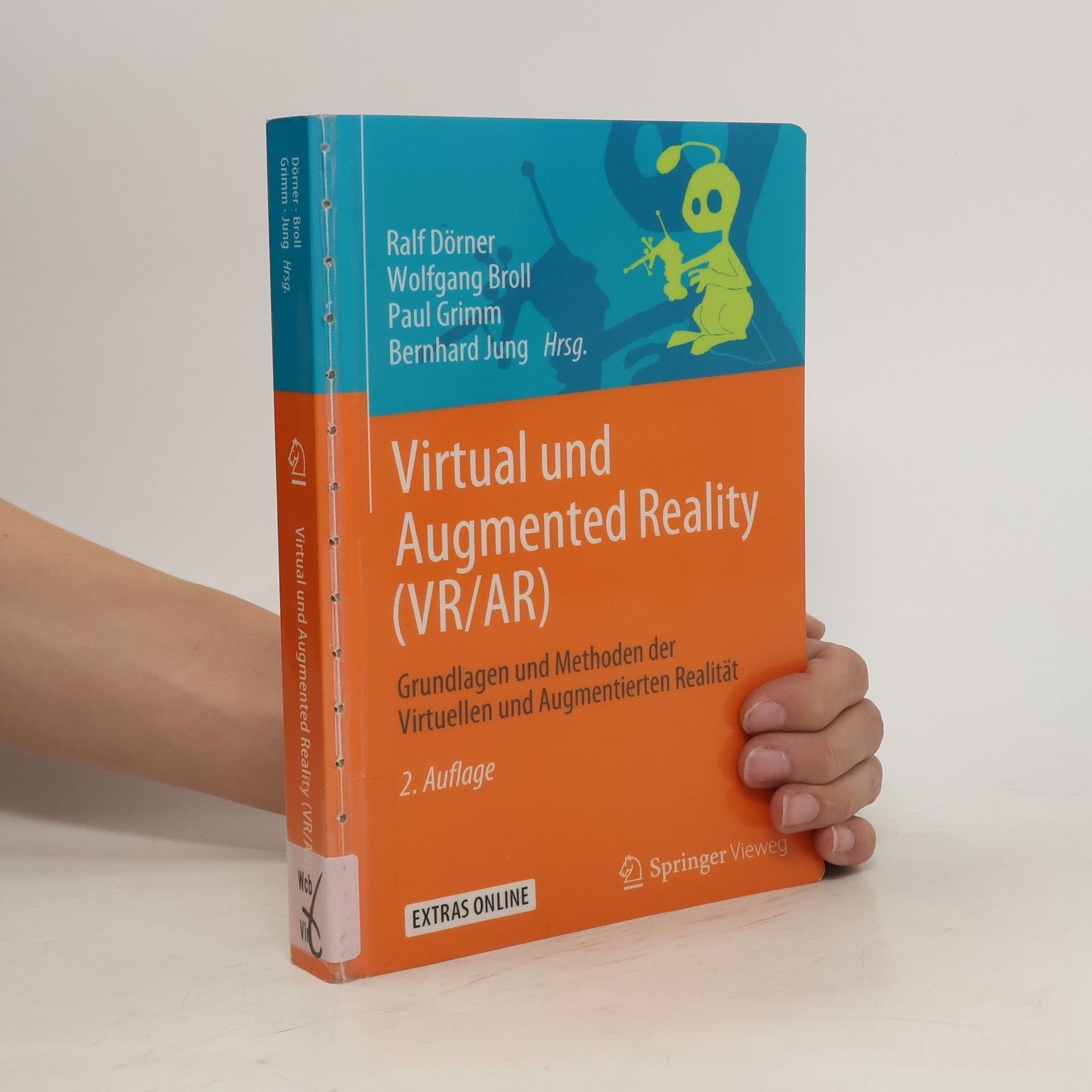Virtual und augmented Reality (VR/AR)
- 455pagine
- 16 ore di lettura
Dieses Buch vermittelt einen umfassenden Eindruck von der Virtuellen und Augmentierten Realität. Die aktualisierte und erweiterte Zweitauflage bietet Studierenden, Lehrenden, Forschenden und Interessierten einen fundierten und praxisnahen Einstieg in die Grundlagen und Methoden von VR/AR. Der Leser erhält das notwendige theoretische Fundament, um VR/AR-Systeme zu realisieren oder zu erweitern, User Interfaces und Anwendungen zu beurteilen und zu verbessern sowie ein vertieftes Verständnis für die Nutzung von VR/AR zu entwickeln. Für Studierende dient das Lehrbuch als anschauliche Begleit- und Nachschlaglektüre in Veranstaltungen zu VR/AR in Medienwissenschaften, Informatik oder Natur- und Ingenieurwissenschaften. Der modulare Aufbau ermöglicht es, die Themenreihenfolge an die jeweiligen Unterrichtseinheiten anzupassen oder spezifische Inhalte für das Selbststudium auszuwählen. Potenzielle Anwender in Forschung und Industrie erhalten wertvolle Einblicke in die faszinierenden Welten von VR/AR sowie deren Möglichkeiten und Grenzen. Die Autoren behandeln eine Vielzahl von Themen, darunter Wahrnehmungsaspekte, virtuelle Welten, VR/AR-Eingabegeräte, Interaktionen in virtuellen Welten, Echtzeitaspekte, augmentierte Realität, Fallbeispiele und die mathematischen Grundlagen von VR/AR.
